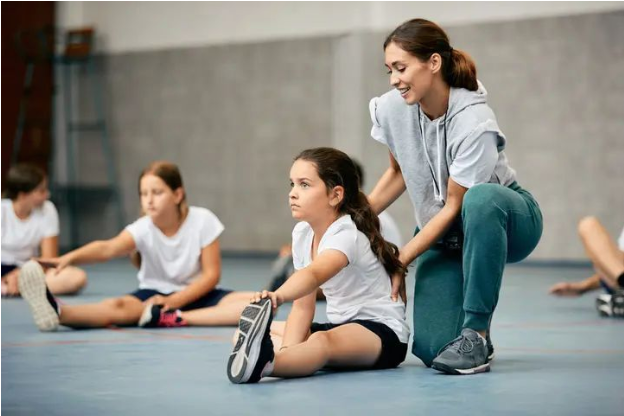Early childhood is a time of incredible growth and discovery. During these formative years, the right environment and nurturing strategies lay the groundwork for a child’s future success. Parents, caregivers, and educators all play a part in shaping this journey. Whether in a home setting or at a professional facility, thoughtful approaches to development can make a lasting difference. Let’s explore some proven strategies that truly support young learners as they take their first steps in the world.
The Role of a Childcare Center in Early Learning
A childcare center is more than just a place for kids to stay while parents work. It’s a vibrant environment designed to foster social, emotional, and cognitive growth. These centers offer structured routines, interactive play, and age-appropriate learning activities. The staff are trained to observe each child’s progress and tailor support accordingly. A well-run childcare center balances freedom with guidance, encouraging children to explore while feeling safe. This balance is essential to build confidence and curiosity, laying a strong foundation for lifelong learning. Childcare centers create a community where children practice sharing, problem-solving, and communication daily.
Daycare Queen and the Importance of Individual Attention
In many communities, the daycare queen affectionately refers to a standout caregiver or facility known for exceptional care and personalized attention. These daycare queens excel because they treat every child as unique, recognizing individual needs and talents. Early childhood development thrives when children feel seen and understood. Personalized care helps identify areas where a child may need extra encouragement or support. Whether it’s a shy toddler needing gentle coaxing or a curious child eager for more challenges, the daycare queen approach adapts to fit the child’s pace.
Structured Play and Its Impact at Childcare Centers
Play is often seen as just fun, but it’s actually a powerful developmental tool. Childcare centers use structured playtime to promote skills like cooperation, creativity, and critical thinking. Whether through building blocks, role-playing, or puzzles, children develop fine motor skills and problem-solving abilities. Structured play also introduces rules and fairness, teaching children about boundaries and empathy. The mix of guided activities and free play offers a healthy balance that keeps children engaged and learning. This strategy turns everyday moments into opportunities for growth in a childcare center setting.
Social Skills Development with a Daycare Queen Approach
Social skills are essential for success beyond the early years. Daycare queens foster these skills by creating warm, interactive environments where children learn to share, take turns, and resolve conflicts. Positive role modeling and gentle guidance help children navigate friendships and group dynamics. Emotional intelligence starts here, as children learn to recognize their own feelings and respond to others’. The consistent presence of a caring daycare queen provides a secure base, encouraging kids to practice social behaviors without fear. This foundation helps children transition smoothly into school and social life.
Nutrition and Routine as Part of Childcare Center Success
Good nutrition and predictable routines are often overlooked but crucial elements in early childhood development. Childcare centers that prioritize balanced meals and snacks support brain development and energy levels. Alongside nutrition, consistent routines give children a sense of security and help regulate emotions. Regular nap times, meal times, and playtimes create a rhythm that young children can depend on.
Conclusion
Early childhood development is a complex and beautiful process. When childcare centers and dedicated daycare queens apply thoughtful strategies, children flourish in every area—emotionally, socially, and intellectually. The right blend of individualized attention, language-rich interaction, structured play, social skill-building, and nurturing routines creates a world where young learners can thrive.

